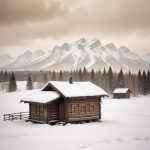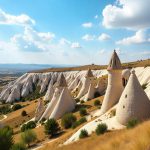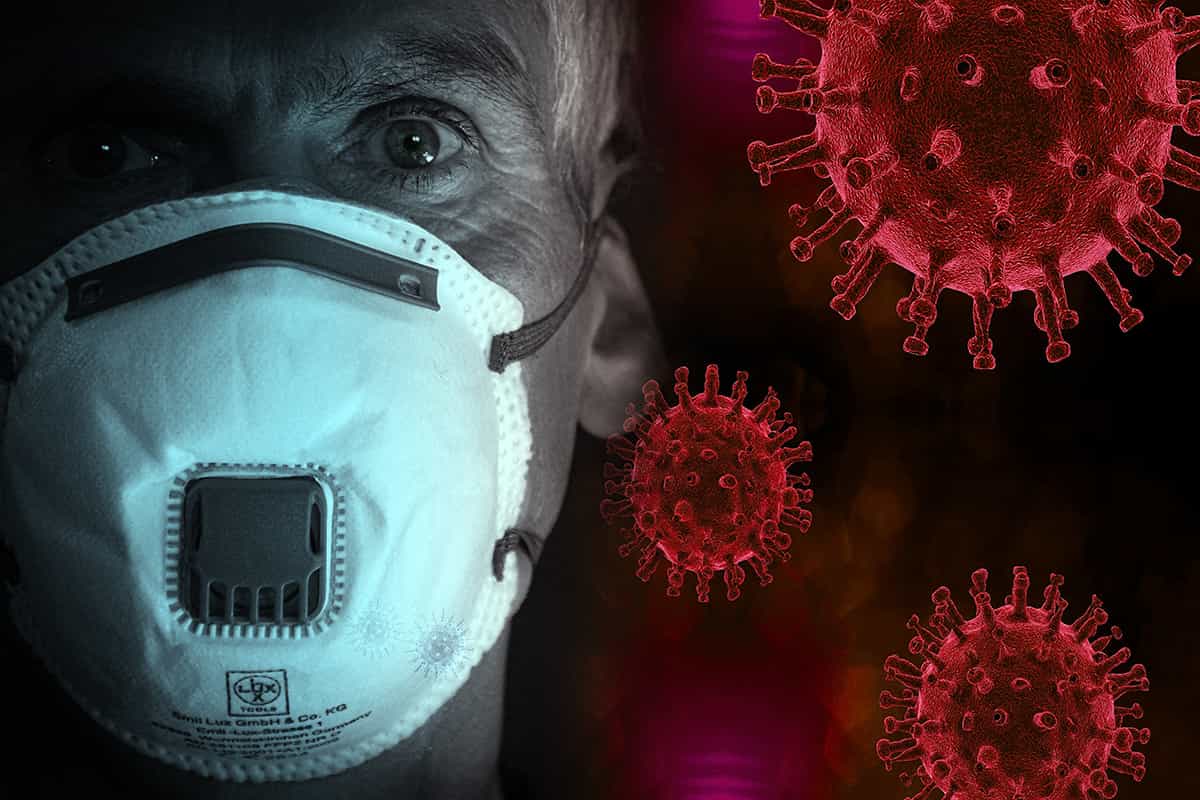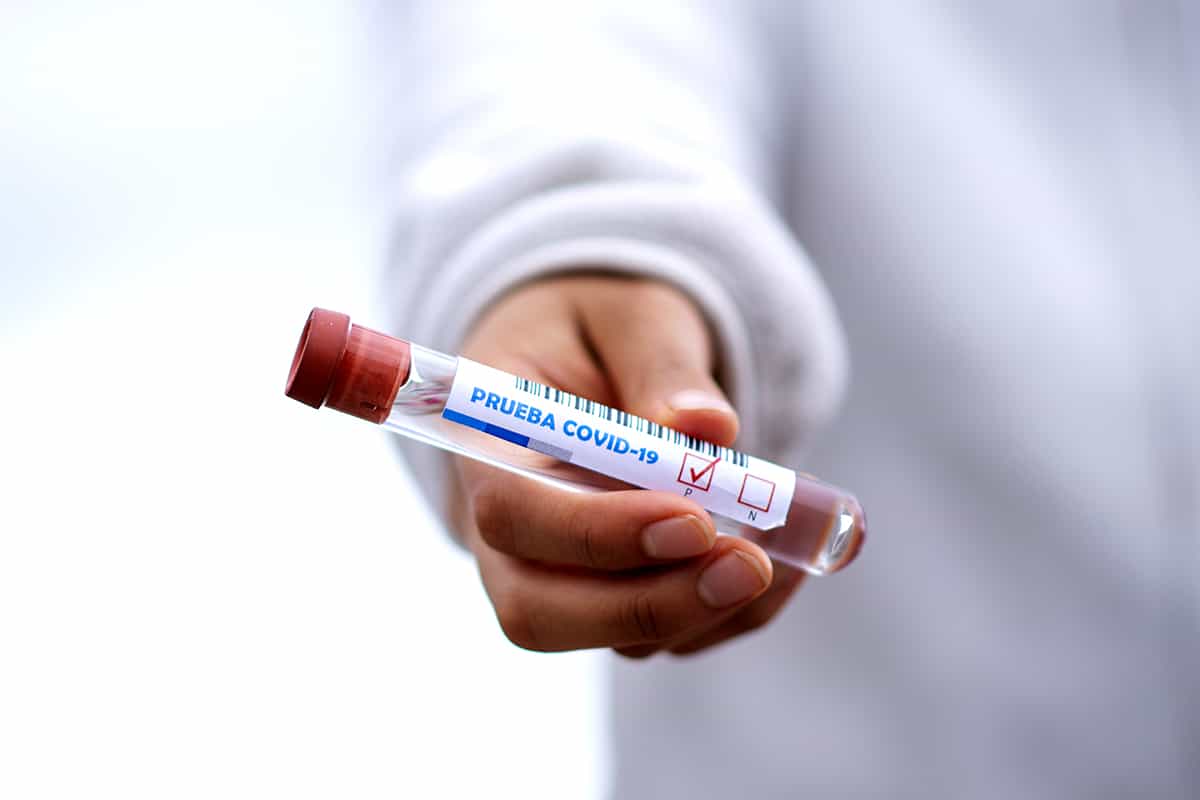Live
Updated
Key Points
NSW says schools are safe; social distancing is not needed in class rooms
Dr Kerry Chant said there have been 52 cases in children aged 5 to 17 and 52 per cent of those cases acquired it from a household member and 31 per cent overseas. “In general the disease has been quite mild among the children,” Dr Chant said.
Professor Kristine Macartney of the National Centre for Immunisation Research and Surveillance said their examination of cases in schools found very little spread.
“There’s really a very low rate of spreach between children and from children to adults in schools. I hope if provides strong reassurance of the safety of returning to schools,” Professor Macartney said.
The report found in summary:
- In NSW, from March to mid-April 2020, 18 individuals (9 students and 9 staff) from 15 schools were confirmed as COVID-19 cases; all of these individuals had an opportunity to transmit the COVID-19 virus to others in their schools.
- 735 students and 128 staff were close contacts of these initial 18 cases.
- One child from a primary school and one child from a high school may have contracted COVID-19 from the initial cases at their schools.
- No teacher or staff member contracted COVID-19 from any of the initial school cases.
Education department secretary Mark Scott said social distaincing rules need not apply in classrooms although the staggered return of students would allow them to spread out during the school day to protect adults.
“Social distancing rules need not apply to children,” Mr Scott said.
“Schools are a safe place for students to attend.”
“Our schools will be open from Wednesday for students to attend. We want to see a staged return from week three.”
NSW reports 8 new cases on Sunday
NSW Health Minister Brad Hazzard said the state had reported eight new cases, bringing total cases to 3002 and 73 per cent had fully recovered.
One of the new cases was a doctor at Nepean Hospital but she had not seen any patients in the 48 hours before.
There one was new death last night bringing total deaths in the state to 36.
The minister said that 198,715 people had been tested to date, an “amazing result” and the state was doing “extraordinarily well” in social distancing.
Dr Kerry Chant said an 82-year-old resident of Newmarch house died overnight bringing the toll from that facility to six.
People enjoying a swim and some exercise at Clovelly Beach before it closed at 9am today.
Tasmania reports another death
AAP
Another elderly man has died from coronavirus at the Mersey Community Hospital in northern Tasmania, taking the state’s toll to 11 – ten in the state’s northwest.
Only NSW and Victoria in have recorded more deaths from COVID-19 in Australia.
Health Minister Jenny Courtney announced the death of the man in his 90s on Sunday, following the death of another man at the hospital on Saturday.
She also confirmed a health worker at the the Mersey hospital in the COVID positive ward as the latest confirmed case. A total of 208 cases have now been confirmed, while 123 have recovered.
“I’d like to reassure other staff at that site that this gentleman has presented swiftly. He did only work within the COVID ward at that hospital,” she said.
Tasmania’s Director of Public Health Dr Mark Veitch said the man had few contacts, and stopped working as soon as he showed symptoms.
Ms Courtney praised Tasmanians for responding to calls for testing, with the Northwest Regional Hospital is still undergoing deep cleaning.
The outbreak in the northwest has forced the state government to extend strict restrictions and broaden testing.
Restrictions closing non-essential retail in the region, due to be lifted on Sunday, have been pushed back to at least May 3.
Most Tasmanian schools are preparing to return for Term 2 on Tuesday,but the northwest region is on a different timeline.
Schools in the northwest area will open a week later than the rest of Tasmania, with teachers, police officers and other public servants urged to get tested for the virus with or without symptoms.
NSW update
NSW Health Minister Brad Hazzard is giving his update in Sydney.
Victorian schools to remain online for term 2
Victorian Health Minister Jenny Mikakos said the government was not considering easing restrictions in country areas where there were fewer cases.
She said that while numbers of cases in regional areas were lower than in parts of Melbourne that was no reason for a false sense of complacency.
The minister said the advice to parents in Victoria – where 97 per cent of kids are not going to school – has not changed; “if your child can learn at home, they should learn at home”.
She expected schools would remain primarily online for the duration of term two.
The state’s Chief Health Officer Professor Brett Sutton said the advice has not changed on schools.
Victorian Health Minister Jenny Mikakos said the state was following its own rules. AAP
“To the extent kids learning from home can suppress community transmission, that is a useful measure,” he said on Sunday.
Mr Sutton said Victoria was in a good position to be able to lift restrictions. He noted that in Spain kids have not been able to leave their homes for over six weeks.
He said those choices will be made through the national cabinet process, which will discuss easing physical restrictions from May 11.
A man in his 90s has become the 17th person to die from coronavirus in Victoria, Health Minister Jenny Mikakos has confirmed.
Three people tested positive for COVID-19 in Victoria overnight, bringing up the state’s total to 1349.
One of the new cases was connected to the cluster at the Albert Road Clinic in Melbourne, which brings the number of cases linked with the clinic to 16.
Qld to ease restrictions from Friday
Mark Ludlow
Queensland Premier Annastacia said people will be able to move within 50 kilometres of their homes, as part of an easing of social restrictions.
As Queensland recorded only three new cases of coronavirus overnight– taking the state’s total to 1030 – Ms Palaszczuk said there would be an easing of social restrictions from Friday.
Queensland’s Premier Annastacia Palaszczuk said the lifting of social restrictions for recreation were a reward for Queenslanders. AAP
“Queenslanders have done a really good job of listening and following directions to flatten the curve,” she said.
The easing of restrictions include households being able to drive within 50 kilometres of their homes to do non-essential shopping or to have a picnic or daytrip.
National parks will also be re-opened.
The easing of restrictions does not change the two person rule for outside of households.
The “leave for recreation” applies only to households and will be revoked if there is a spike in coronavirus cases, according to Chief Medical Officer Jeanette Young.
“I firmly believe if Queenslanders adhere to new restrictions we will not see additional cases,” she said.
“If this works, in two weeks we will look at what else we can do to get back to normal,” Ms Young said.
Social distancing will remain in place until there is a vaccine: PM
Scott Morrison believes Australia is on the “road back” from tackling the coronavirus with some restrictions starting to lift.
The prime minister pointed to the reopening of elective surgery, schools starting to come back and says it won’t be long before some businesses are opening again.
“We are definitely on the road back now,” the prime minister told ABC radio on Sunday.
“We’ll try and get back to some type of normal.”
However, he said until there is a vaccine for COVID-19, social distancing will remain in place and Australians need to make hand hygiene instinctive.
“There has never been more effort in finding a vaccine for this virus and we are hopeful that might mean they get a break through than otherwise might be the case,” he said.
The number of coronavirus cases, at around 6700, is small by international standards and is rising at an extremely slow rate compared to a few weeks ago.
Trump backs away from daily briefings
President Donald Trump says his press briefings are “not worth the time & effort” as his administration prepares to adjust his public presence amid the coronavirus pandemic toward addressing the nation’s economic woes.
Tweeting on Saturday, one of the few days in which he has not held a daily briefing since the start of the outbreak, Trump says: “What is the purpose of having White House News Conferences when the Lamestream Media asks nothing but hostile questions, & then refuses to report the truth or facts accurately.”
The president’s tweet comes two days after he used a briefing to muse about the injection of chemical disinfectants, drawing warnings from manufacturers and the nation’s top medical professionals. The White House claimed Friday that Trump was misinterpreted, though the president later asserted he was speaking “sarcastically.”
His tweet questioning the value of press briefings also comes as White House aides are developing plans to shift the president’s public emphasis from the virus to addressing the economic crisis it has caused and the government’s plans for reopening the economy.
Europe prepares for May start to unlocking economy
Hans van Leeuwen
London | From May 11, it’s back to school for large parts of western Europe.
Some time during that week, primary school children in France, the Netherlands and Switzerland will start filing back into classrooms, with the Belgians to follow a week later.
School’s in? Staff install a plexiglass plate on the teacher’s table in a socially-distanced German primary school. Getty
That’s just one of the green shoots of normality gradually pushing out of the barren soil of Europe’s grim landscape of COVID-19 social and economic lockdowns.
That same week, Italy is expected to start reopening shops – but to only one customer at a time in smaller outlets.
Italian restaurants will be allowed to serve takeaways, and could open to diners on May 18, albeit possibly with many venues placing plexiglass shields between tables and even between diners.
Victoria announces $17m arts package
The Andrews government announced a $13 million Strategic Investment Fund for 100 non-government arts and cultural organisations.
Beneficiaries include Victorian icons La Mama Theatre and Heide Museum of Modern Art, festivals such as the Melbourne International Comedy Festival and the Melbourne Fringe, regional events like the Ballarat International Foto Biennale and Clunes Booktown Festival and First Peoples organisations Ilbijerri Theatre and Kaiela Arts.
The iconic La Mama theatre in Faraday Street, Carlton. Craig Abraham
“Ensuring that our cultural and creative sector gets through to the other side of this crisis will be critical to Victoria’s economic, social and cultural recovery,” said the Minister for Creative Industries Martin Foley in a statement.
The fund will help organisations to stabilise, continue their operations and keep people employed, commission local artists to develop new works, and deliver programs for their communities.










